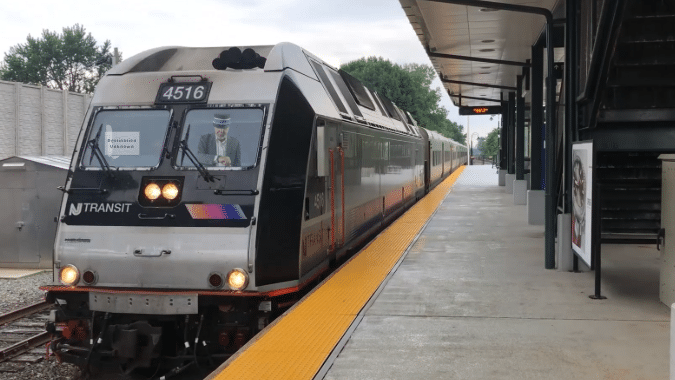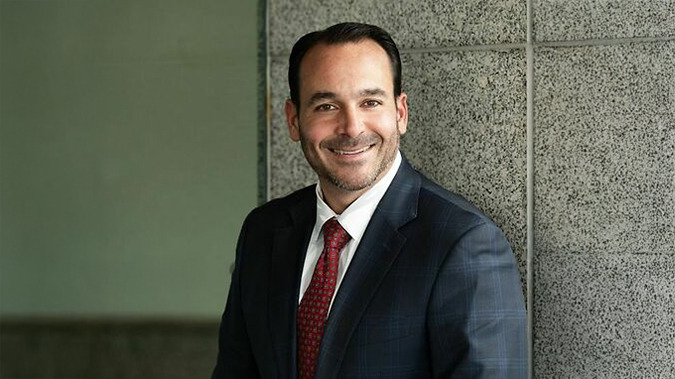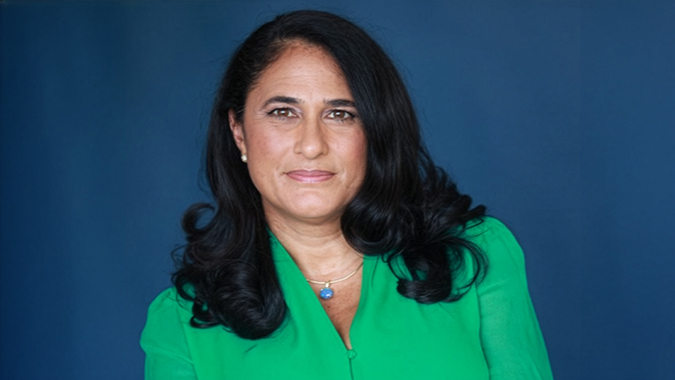NJ TRANSIT’s board may have approved a 15% fare increase proposal this week, but that and a $1 billion-plus Corporate Transit Fee on business proposed by Gov. Phil Murphy as part of his FY25 budget are all happening without a full explanation for agency’s needs.
As reported in the Bergen Record this week, a study analyzing how to best restructure the agency – announced just about a year ago – has only just begun.
So, fare hikes and other tax increases are essentially all going to NJ TRANSIT without a roadmap looking back or a plan looking ahead, said NJBIA Chief Government Affairs Officer Christopher Emigholz.
“With such an influx of funding, both occurring and proposed, it is entirely appropriate to ask why this increase is needed, why is it needed now, what is the money going toward, where can cost savings be found and which increase will have the least and most impact on our economic growth,” Emigholz said.
OFF THE RAILS
The board for NJ TRANSIT approved a 15% fare hike on Wednesday, with annual 3% increases occurring indefinitely thereafter. It is the first fare hike for NJ TRANSIT in more than nine years.
During his FY25 budget proposal, Gov. Murphy shocked New Jersey’s largest employers and the business community at large by calling for a permanent 2.5% Corporate Transit Fee, retroactive to Jan. 1.
The CTF would return New Jersey to its national outlier status of having the largest top corporate tax rate (11.5%) in the nation – after the governor had vowed for more than a year to sunset a 2.5% corporate business tax surcharge.
But in addition to all that, the governor has also approved a new gas tax and toll hikes to fund transportation, and proposed a new tax on trucks each time it leaves a warehouse.
“We also have billions of dollars more coming from the federal infrastructure law,” Emigholz explained.
“With that, it’s really incumbent upon the state to provide our taxpayers and ratepayers a transparent review on how we’ve gotten here and a holistic plan, with details on cost-savings, rather than just increasing costs for the sake of increasing costs.”
NJ TRANSIT budget documents do predict a nearly $1 billion annual budget shortfall next year. But some wonder if all of these new revenues are necessary now.
TRACKING DAMAGE TO NJ BUSINESSES
While that’s concerning, Emigholz said if Murphy’s CTF is approved in the FY25 budget, it is doing a major disservice to New Jersey corporations and competitiveness among other states.
“On top of the fact that our competing regional states are either lowering or maintaining their top corporate taxes, this is basically a massive 20% business tax increase that wouldn’t even be needed now – and at a time where we have a multi-billion-dollar surplus,” Emigholz said.
“Rather than following through on a promise to sunset a 2.5% surtax, we’re starting a new one that will be both a cash-tax increase and a major hit to a company’s balance sheet and stock value – instead of allowing these job creators to invest more in their businesses and employees this year.
“Further, CBT is a very volatile revenue, one of the must unstable revenue sources in the New Jersey state budget,” Emigholz added. “And there really is no nexus between the CBT and transportation. For all these reasons, we will be urging the Legislature to reject Gov. Murphy’s proposal that keeps New Jersey as a national outlier for business taxes.”




